AnyBody Technology – Projects overview
AnyBody Technology has a long tradition for participating in collaborative R&D with both companies and academic institutions. This page presents important projects that AnyBody Technology has been involved in. These projects have provided invaluable results and resources to the musculoskeletal modeling community, and we have subsequently made key results specifically available to users of AnyBody as part of the AnyBody software, the AnyBody model repositories, or other toolboxes.
Several projects have received external funding acknowledged for each project below, and you will find links to further project information and results.

AnyBodyRun
AnyBodyRun is a spin-off project from our project with the Danish Science Center, Experimentarium. The project aim is to showcase our new workflow to create statistically parameterized running data and subsequently investigate certain internal body parameters, such as tendon or ligament forces. The underlying technology is developed internally and in collaboration with Kaiser Sport & Ortopædi and Aalborg University in the IOI project. The technology enables us to either create runners with certain anthropometric characteristics such as stature, bodyweight, segment dimensions etc. Furthermore, it enables us to fixate or vary certain running-specific parameters such as the running pace, stride-length, landing-pattern etc. This makes it very interesting to investigate how each parameter affects the body dynamics. The project is now at a state where we have developed a web application, showing some of the capabilities.
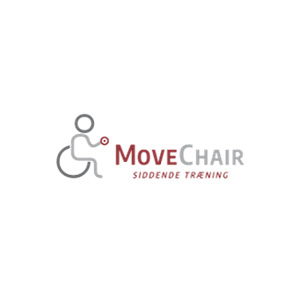
MoveChair
People with disabilities needs an active and healthy lifestyle like everyone else. Regrettably, surveys show that people with disabilities are more prone to lifestyle diseases and are generally more overweight. Therefore, development of health promoting initiatives is important, so that disabled people can lead healthy lives. The MoveChair project aims to develop a mobile application that will motivate elderly and wheelchair users to exercise and make it possible to track the result. An app prototype was developed by AnyBody Technology A/S in cooperation with Bevica Fonden.
Visit the project page here: MoveChair (in Danish)
The project received funding by Bevica Fonden, see press release (in Danish).
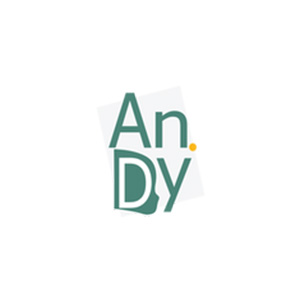
An.Dy – Advancing Anticipatory Behaviors in Dyadic Human-Robot Collaboration
The An.Dy project leveraged technologies to control physical human-robot collaboration through intentional interaction targeting three scenarios: cobots, wearable robotics (exoskeletons), and humanoids. AnyBody Technology A/S (ABT) contributed to the project with its expertise in detailed musculoskeletal modeling, hereunder modeling of man-machine interfaces. Enhanced ergonomic assessment models based on musculoskeletal model data was also a focus area of ABT.
- Project website: www.andy-project.eu (closed), see cordis.europa.eu
- Example video of model-based assessment applied to Ottobock’s Paexo Shoulder exoskeleton in the An.Dy collaborative research project: Offline multilevel ergonomic assessment of workplaces with assistive machines
The project has received funding from the European Union’s Horizon 2020 Research and Innovation Programme under Grant Agreement No. 731540.
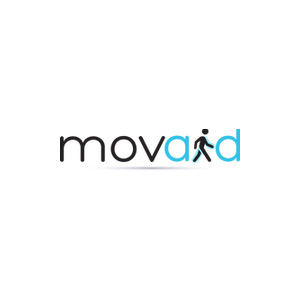
MovAiD – Movement Assisting Devices
MovAiD was a cross-disciplinary project joining a consortium of companies under Horizon 2020 EU Program. It aimed at developing technologies assisting manufacturing of intelligent, “passive” and highly personalized kineto-dynamic equipment (Movement Assisting Devices) to enhance or compensate human movements, aiding the disabled, elderly, and workers.
AnyBody Technology contributed to making personalized devices in an automated workflow using personalized musculoskeletal models capturing the user’s basic anthropometry and main physical disabilities.
- Project website: www.movaid.eu (closed) see cordis.europa.eu
This project has received funding from the European Union’s Horizon 2020 research and innovation programme under grant agreement No 680754.
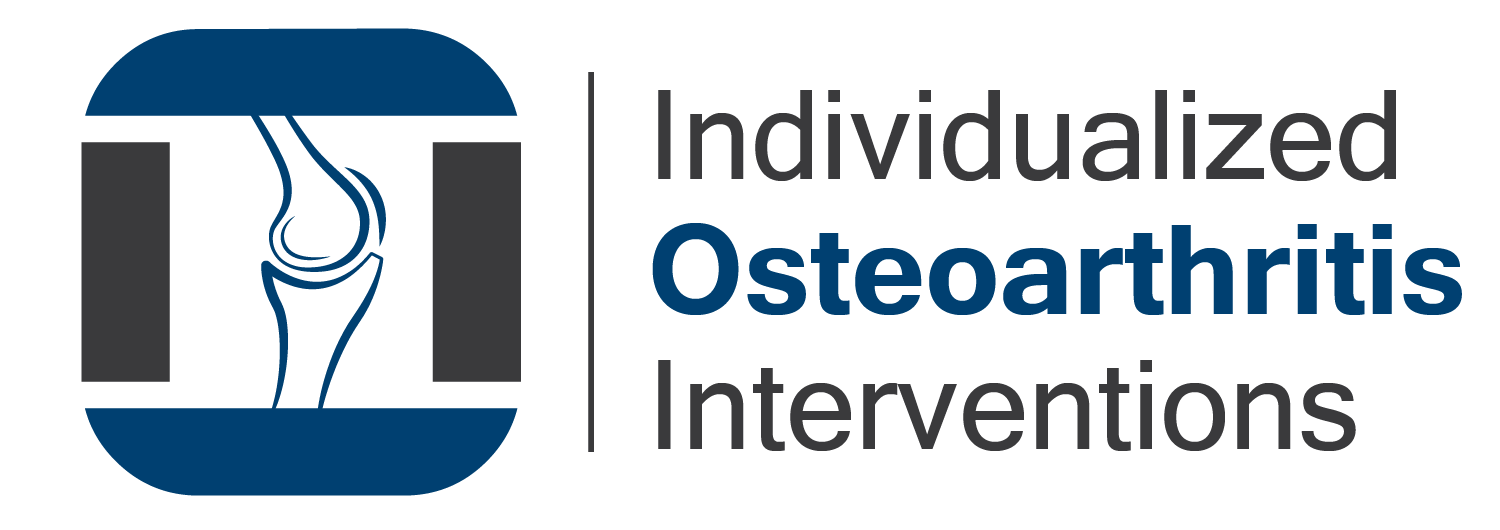
IOI – Individualized Osteoarthritis Interventions
IOI was a collaborative research project funded by the Innovation Fund Denmark and the consortium encompassed four partners: AnyBody Technology A/S (ABT), CCBR A/S (CCBR) and Department of Mechanical and Manufacturing Engineering (M-Tech) and SMI. The project conducted research in advanced technology for management of knee osteoarthritis (KOA). The project’s vision was to develop advanced workflows for optimal individualized, non-surgical, and potential early management of KOA.
The project prototyped designs of patient-specific interventions, such as braces, insoles, and training regimes; and patient-specific biomechanical modeling using AnyBody, as well as functional assessments, were used to design and verify interventions.
See the webcast about “Investigation of bracing to unload muscle and knee contact forces for knee osteoarthritis patients”.
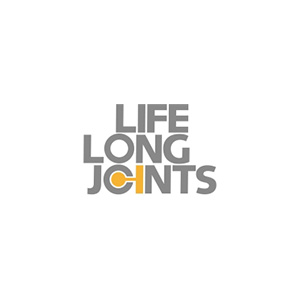
LifeLongJoints
Total Joint Replacement, particularly of the hip and also the knee, represent one of the most successful and common surgical interventions, giving a new lease of life to those in pain and whose mobility has declined. This success has led to an unprecedented rise in the number of procedures being undertaken, increasingly on younger patients. Also increasing are the number of revision procedures. These factors are driving a demand for longer lasting implants and a reduction in failure rates. The LifeLongJoints project aimed to make a breakthrough in the development of functional biomaterials to improve implant wear and corrosion by using novel silicon nitride-based coatings. These offer the possibility to combine high wear resistance and the solubility of wear particles released to reduce the overall potential for adverse tissue reactions.
AnyBody Technology contributed to develop in-silico implant testing methods. AnyBody musculoskeletal models were used to predict implant loading cases, from a large cohort of THR patient trials and synthetic movements, to be used for both in-silico and physical simulation of implant wear and structural failure mechanisms.
- Project website: LifeLongJoints – see also: cordis.europa.eu
This project has received funding from the European Union’s Seventh Framework Programme for research, technological development and demonstration under grant agreement no NMP-310477.
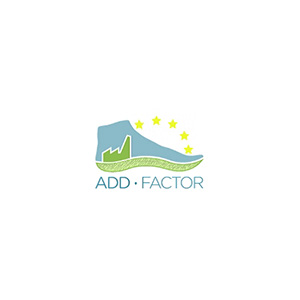
ADDFactor
ADDFactor proposes the “Mini-factories” concept, founded on central knowledge-based design and local distributed manufacturing. ADDFactor will manage the complexity of the design phase thanks to a direct connection with the retailer, that will provide “biometric data” of the customers as tacit requirements and “aesthetics tests” as explicit demands, being both fundamental for an effective individual personalization. ADDFactor achievements will be focused on two different levels of manufacturing solutions, which will be placed:
- At retail environment, to consider products simple and/or reduced in terms of assembled components (i.e. orthotics or modular fashion heels and plateau);
- At district level when the products are complex and the manufacturing procedures cannot be scaled at local level (i.e. sport shoes or complete customized fashion shoes).
AnyBody Technology contributed to mechanical simulation of insole designs using the detailed foot model developed in the A-FOOTPRINT project.
Project website: closed, see cordis.europa.eu.
This project has received funding from the European Union’s Seventh Framework Programme for research, technological development and demonstration under grant agreement no 609386.
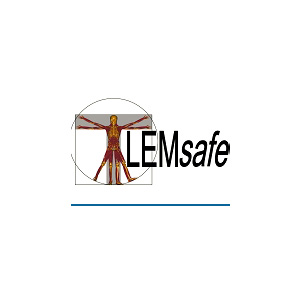
TLEMsafe
TLEMsafe was an EC Funded project aimed at creating an ICT-based patient-specific surgical navigation system that helps the surgeon safely reaching the optimal functional result for the patient and is a user friendly training facility for the surgeons.
AnyBody Technology, Twente University and Radboud University Nijmegen Medical Centre developed a updated version of the Twente Lower Extremity Model, in short TLEM, for the AnyBody Modeling System. The model is based on a detailed cadaver dataset with full MRI and CT scans. This model, referred to as TLEM2.0 became available in The AnyBody Model Repository (AMMR) after the project, where is has received minor updates since.
- Project website: TLEMsafe – see also: interoperable-europe.ec.europa.eu
This project has received funding from the European Union’s Seventh Framework Programme for research, technological development and demonstration under grant agreement no 247860.
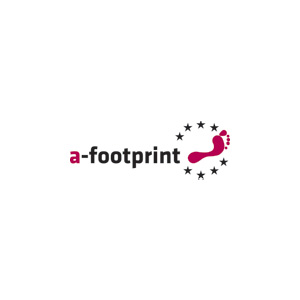
A-FOOTPRINT
A-FOOTPRINT was an EC funded project aiming to treat foot and ankle disabilities by establishing a workflow to create personalized orthoses. The A-FOOTPRINT consortium comprised 13 partners; 8 commercially founded and 5 academic.
In this project, AnyBody Technology developed a computer model of the human foot and ankle with an unprecedented level of detail in the AnyBody Modeling System™ named the Glasgow-Maastricht (GM) Foot Model . In time, this model will be included in the array of existing unique models offered by AnyBody Technology, and currently it is available for research, consultancy, and collaboration projects upon request.
- Project website: www.afootprint.eu (closed), see cordis.europa.eu.
This project has received funding from the European Union’s Seventh Framework Programme for research, technological development and demonstration under grant agreement no 228893.
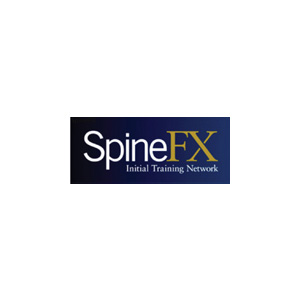
SPINEFX
SPINEFX was a Marie Curie funded project involving 4 leading universities and 3 companies with a track record in innovation.
The SPINEFX project addressed the three most prevalent and costly causes of vertebral fracture: Spinal Metastasis, Osteoporosis, and Spinal Trauma.
AnyBody Technology contributed to this project with research in computational modeling of the spine that led to multiple improvements in the AMMR spine model and the first data interface to FEA simulation in ANSYS.
- Project website: www.spinefx.eu (closed), see cordis.europa.eu.
This project has received funding from the European Union’s Seventh Framework Programme for research, technological development and demonstration under grant agreement no 238690.